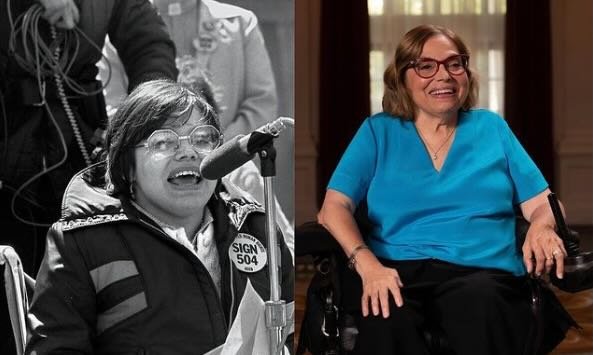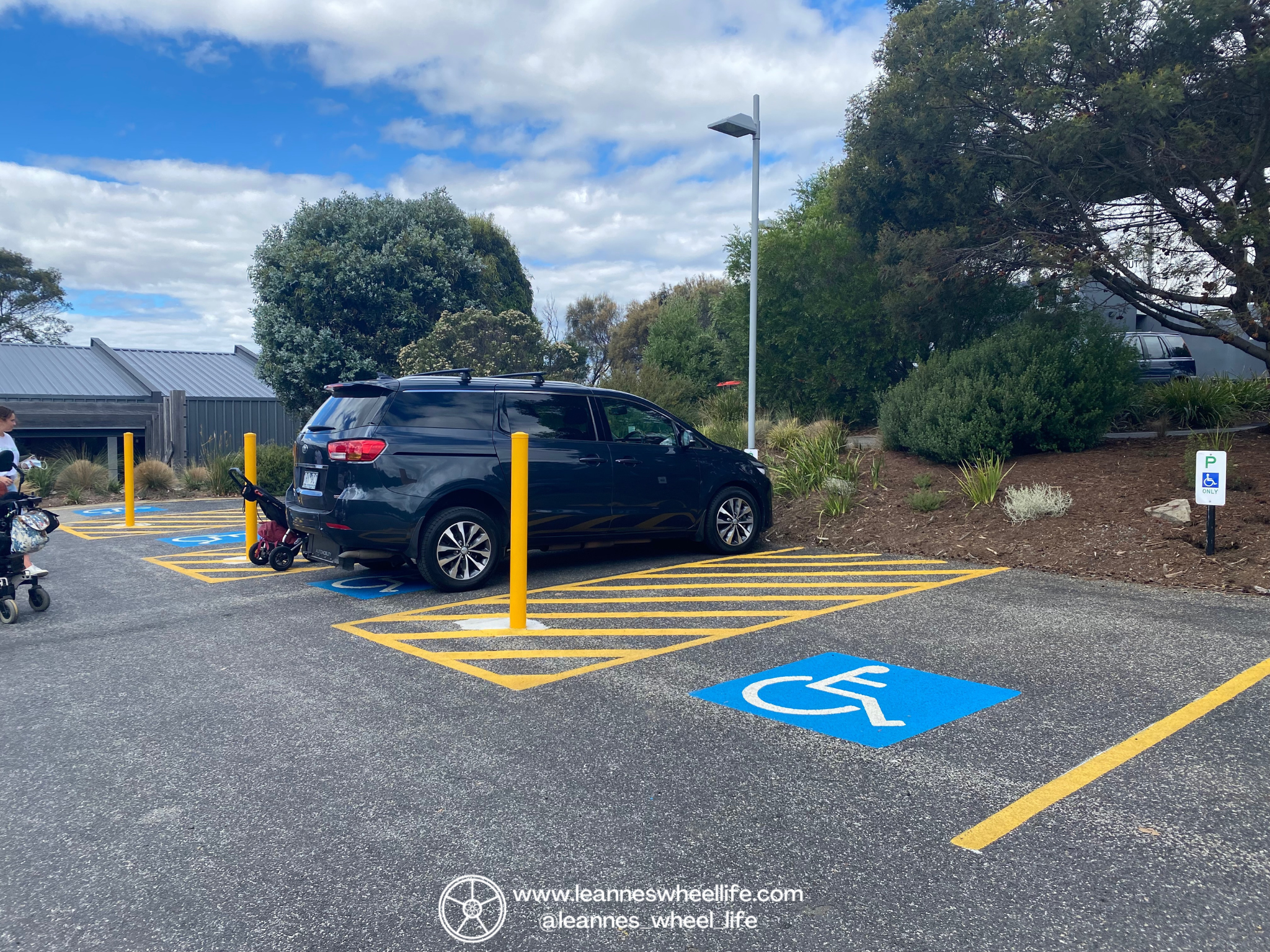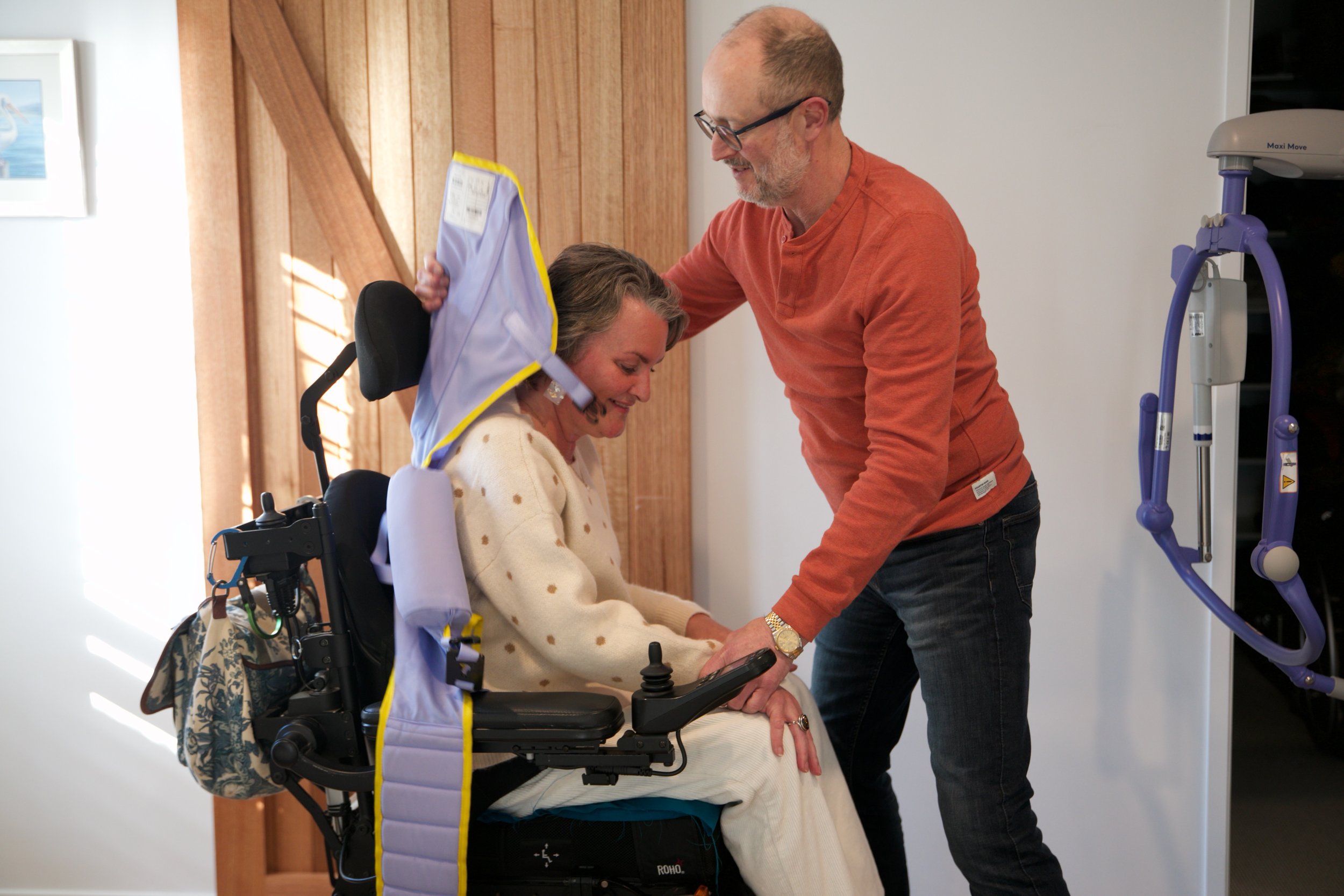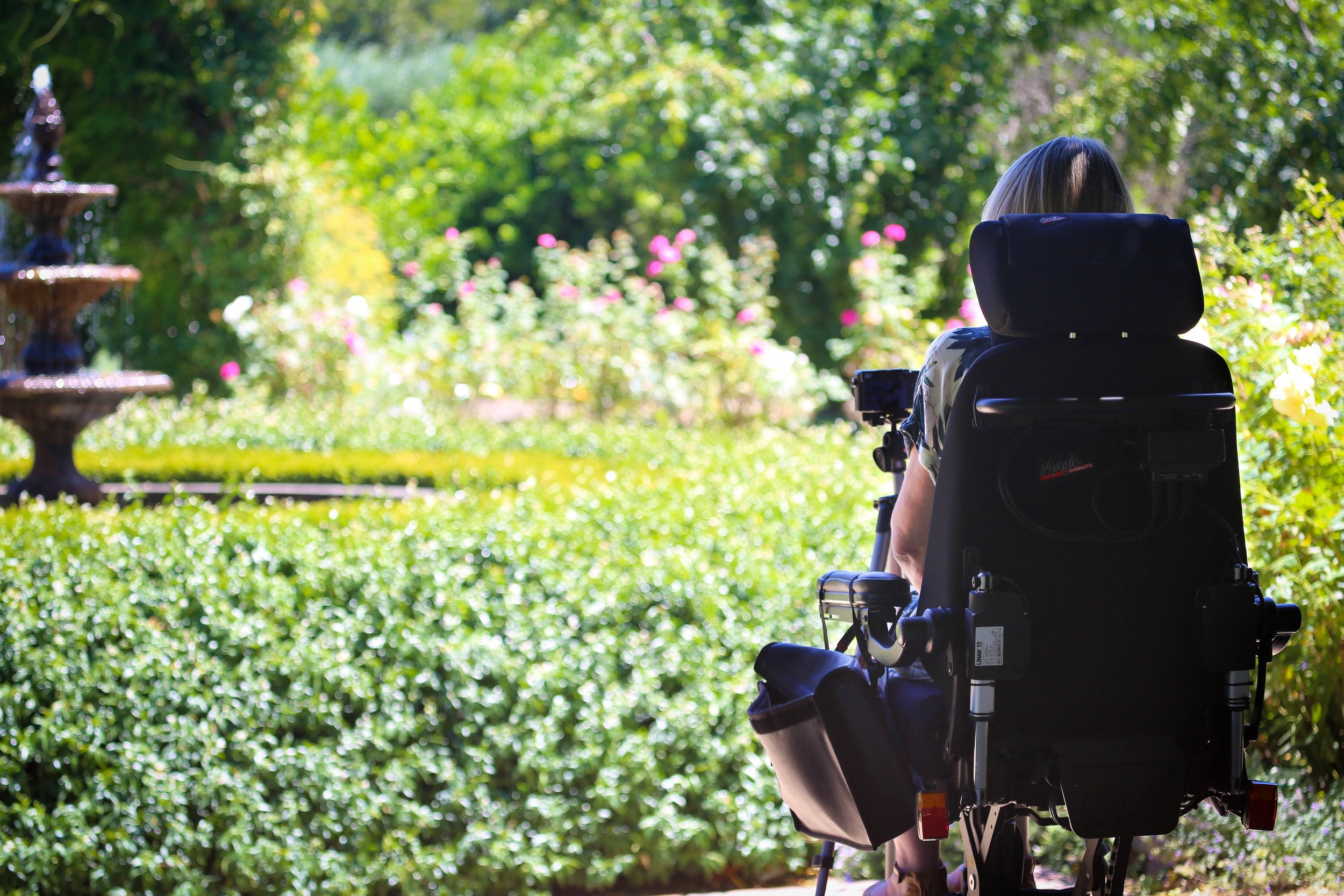MY BLOG
Sharing inclusivity and accessibility as a disabled woman with Limb Girdle Muscular Dystrophy
Sign up to receive email updates on my accessible travels and other journeys
Honouring Courage: How Civil Rights Impacted Disability Equity
This must-see documentary called Crip Camp provides compelling insight into the American civil rights movement as it relates to people with disabilities, which influenced the birth of Australia's disability discrimination laws.
Angst Free Accessible Parking
Accessible car parking bays used by eligible permit holders should mean equitable access for everyone to go about their lives. But there are associated unhelpful, and unwelcome, social and systemic side effects.
Dignity and Disability
Do you think about grace when you get dressed, reach for your coffee or eat? Have you considered the role dignity plays in your moves? Over the last 10 years I certainly have.
Five reasons you should be employing people with disability
Whether you are in retail or hospitality finance or construction, there are many compelling reasons why you should be actively hiring people with disability. And in these post-pandemic times, with less available Visa workers, this is more pertinent than ever.
Ableist, Me
Acquiring the symptoms of a progressive condition takes some getting used to but why do so many of us feel the need to cloak these changes in an ugly cape of lies (to ourselves and others), excuses and denial? Why do we cling to the old normalcy so frantically? And what harm are we doing to ourselves in the process?.
To Wheel, or not to Wheel?
When is it time to decide that walking everywhere is no longer a viable option and using a wheelchair is?







